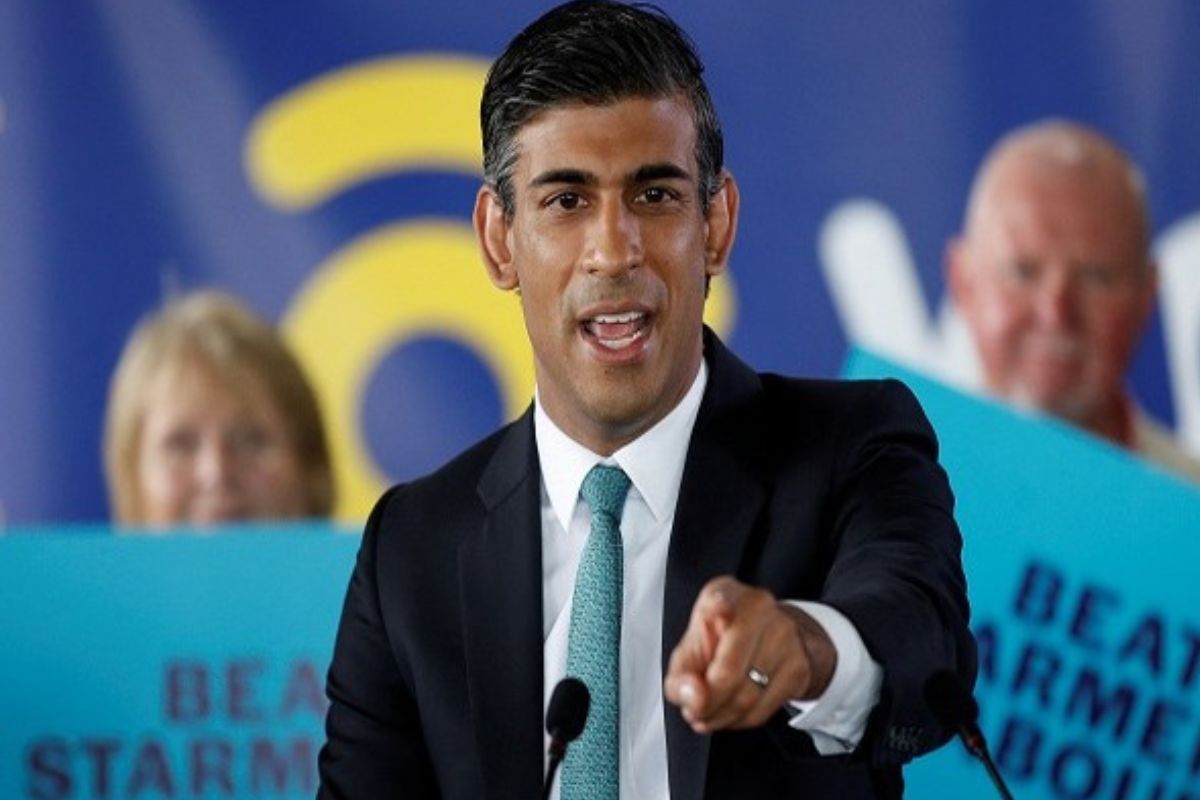UK Prime Minister Rishi Sunak has ruled out a quick-fix trade deal with India, making it impossible to get an agreement over the line in time for this week’s G20 summit in Delhi – and possibly even by next year’s elections, the media reported.
Multiple sources close to the negotiations have told The Guardian the UK prime minister has rejected the idea of an “early harvest” deal, which could have lowered tariffs on goods such as whisky but would not have dealt with trickier subjects such as professional services.
Advertisement
The decision has scuppered any chance of an agreement being struck this week, before the prime minister meets his Indian counterpart, Narendra Modi, in the Indian capital this weekend.
Many now believe a deal is impossible before both countries hold elections in 2024, although some in government still believe it could be reached later this year, The Guardian reported.
It means the prospect of a UK-India free trade agreement, long held up as one of the biggest possible opportunities for Britain after Brexit, remains distant.
One government source said: “There was talk last year of a deal by last Diwali, but that was only going to happen if it was a shallow deal based around a limited number of goods. Kemi Badenoch (the trade secretary) and Rishi Sunak have decided they don’t want to go down that route and so have taken a deadline off the table.”
Another person close to the negotiations added: “India wants to do an early agreement on goods, but the risk is that instead of being the start of a wider trade agreement, that becomes the end point and the UK doesn’t get any of the more fundamental things it wants.”
Those close to the talks say agreements have been reached in some key areas, such as the need for India to cut tariffs on whisky and cars and for the UK to remove those on textiles and other goods.
The Sunday Times reported earlier this month that India was prepared to reduce tariffs on scotch whisky by a third to 100 per cent in return for tax breaks for Indian workers in the UK – though British officials say exact figures have not yet been agreed.
This might have been enough to sign a slimmed-down trade agreement this week, according to sources, but Sunak and Badenoch have rejected such an idea for fear it will make the goal of a more wide-ranging deal impossible, The Guardian reported.
There are still significant areas of disagreement when it comes to the comprehensive deal under negotiation.
India has long pushed for more visas for Indian students and for employees of Indian companies. The Home Office does not want such terms being placed within the trade agreement itself, although sources indicate a separate deal could be reached on immigration.
The UK says it has already shown flexibility on visas, more than doubling the number of work visas it gives to India each year since the country left the EU.
But the government is reluctant to change the rules on who can enter, especially in the case of students, The Guardian reported.
However, there are also more fundamental issues facing reaching an agreement.
The UK is pushing for greater intellectual property protections for companies trading in India, especially in the pharmaceutical industry, where western companies fret about their drugs being produced much more cheaply by Indian laboratories.
Meanwhile, India wants to limit the proportion of UK goods that can be produced outside the UK, as a way of preventing other countries benefiting from the agreement indirectly, The Guardian reported.











